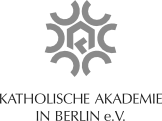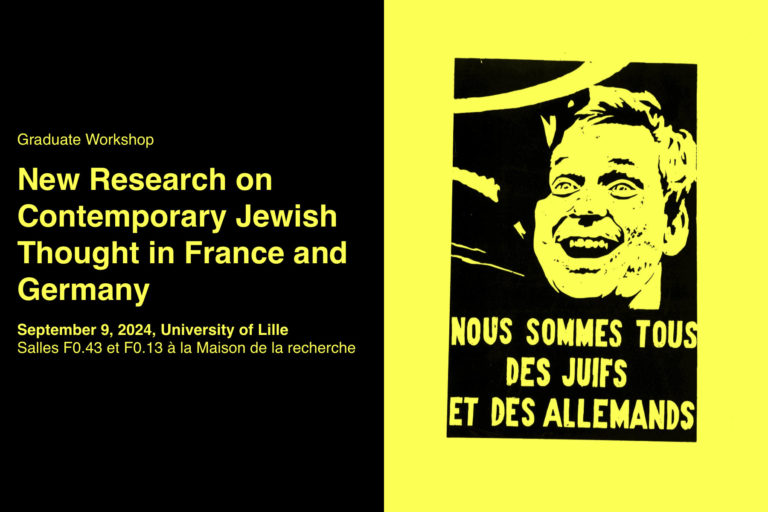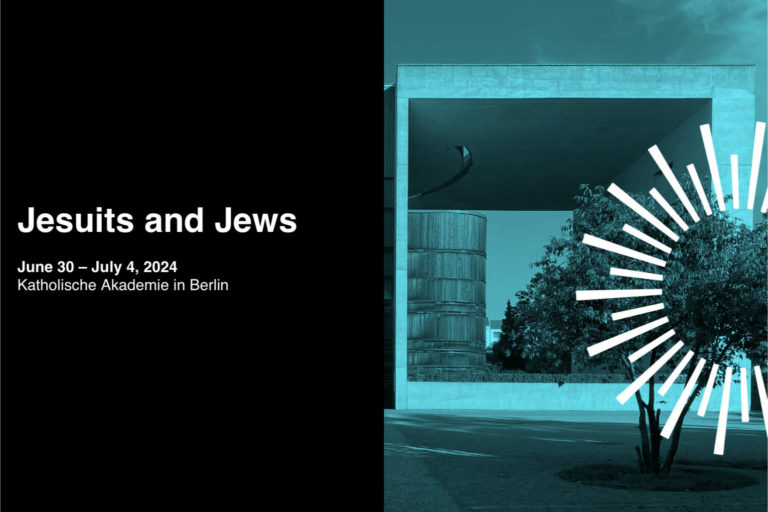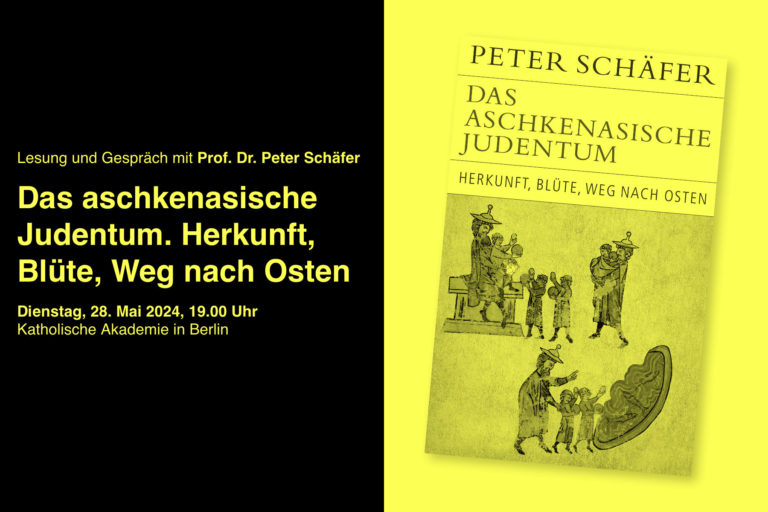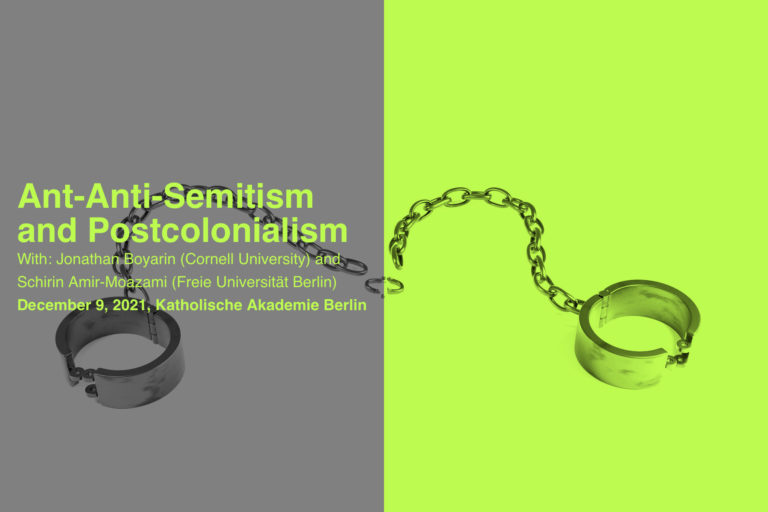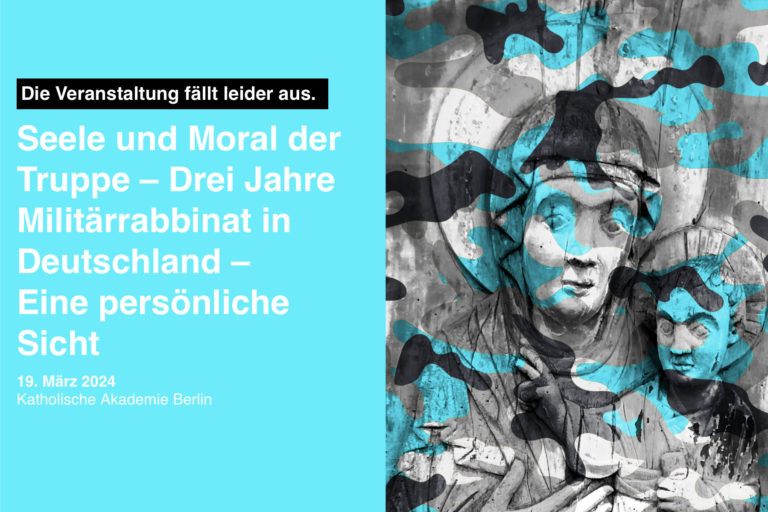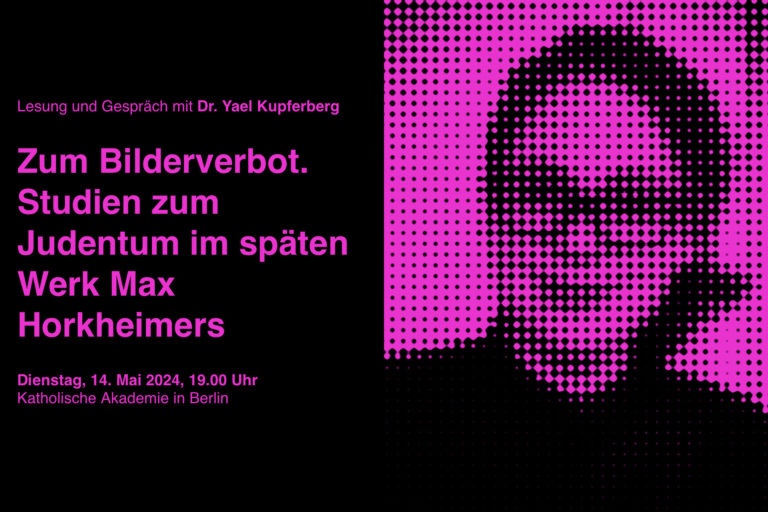Workshop
Jacques Lacan und die Religion
September 5–6, 2024, Katholische Akademie in Berlin
St. Peter’s Basilica, CC BY-SA 2.0, via Wikimedia Commons
Jacques Lacan und die Religion
Workshop
September 5–6, 2024, Katholische Akademie in Berlin
Lacan’s psychoanalysis is associated with the claim of a consistent return to Freud’s insights. However, while Freud wrote relevant studies on the theory of religion, Lacan’s texts contain at best scattered discussions of the topic of religion. Regardless of this, however, he works with concepts that virtually invite a theo-philosophical examination of his version of psychoanalysis.
If there is a guiding concept in Lacan’s theorizing, then it is the concept of desire. Desire is neither a property, capacity nor possession of existence, but describes it itself in its aspirations, entanglements and deceptions. With reference to Plato, one could say that it stands for a dynamic of the psyche that cannot be shut down. However, this idea is only plausible if human existence is defined against the background of a premise based on the theory of negativity, as lack or emptiness. This connection between lack and desire is not only revealing in terms of religious philosophy, but also in terms of cultural theory.
The workshop will explore the connection between these two aspects from Jewish and Christian perspectives and in conversation with various academic disciplines.
Organisation
Prof. Christoph Seibert, University of Hamburg
Dr. Stephan Steiner, Catholic Academy Berlin
Cooperation
Workshop an der Katholischen Akademie Berlin
in Kooperation mit der Theologischen Fakultät, Universität Hamburg
Public Keynote Lecture
The Moses Complex: The Judaeo-European State of Emergency and the Theological Invention of the Real in Freud and Lacan
Prof. Dr. Itzhak Benyamini (Jerusalem)
September 5, 6 PM
In my opening lecture to the workshop on the theme of “Lacan and Religion” I wish to shed light on the figure of Moses as a medium for cross identifications by Freud and Lacan (vis a vis the alternative figure of Jung), particularly in the context of the theological fundamentals of Western culture in general and of psychoanalysis in particular.
Two well known Lacanian interventions in the way Freud discussed the figure of Moses in his “Moses and Monotheism” can by found in two interrelated seminars, seminar 7 and seminar 17. Here I will focus in the previous seminar, “The Ethics of Psychoanalysis”. In it Lacan shares his amusement and amazement about Freud’s mythologizing of the genesis of Judaism by portraying the split nature of Moses. On the one hand Moses is the rational, Egyptian leader, preaching the Monotheist God, and on the other hand he is the Midianite leader, preaching the zealotry and extremism characteristic of the God of the desert. Lacan emphasizes that the latter is the one who speaks his name as “I will be whatever I will be”.
For the purpose of understanding the Lacanian exegesis to the Freudian issues of concern to us here, I feel the need to go deeper to the historical context as much as to the biographical one as a condition for the rest of the debate. It seems that Freud’s Moses complex is a topos that is being crossed by the historical emblem of the Judaeo-European fantasy of fusion being shattered by the state of historical emergency.
In his latest essay, “Moses and Monotheism”, Freud offers an account that is at the same time autobiographic, cultural and theoretical-therapeutic. In the double-faced figure of Moses, he sees his own ordeal as the Jewish leader of a new “religion”, torn between his commitment to enlightenment and his status as the Jewish uncanny subject of this German culture. Moreover, in his depiction of Moses, and implicitly of himself, Freud resonates ironically the image of the Führer, the hateful leader who stands for the irrational sub-current within enlightenment itself. Hitler is, in a way, a key to understanding the paranoid model of God, a jealous God who intends to save the world in the name of the absolute.
Back to seminar 7 I wish to discuss the way Lacan is maneuvering the Freudian core of the Real-traumatic of the Moses Complex, eliminating its subjective anxiety and criticizing its mythical Christian content of the murder of God. All this in order to pave the way to his invention of the semi-theological concept of the Real under the transformation and translation of the historical Real to a structural one.
Programm
| Donnerstag, 5. September | |
| Empfang | |
| 14:30 | Begrüßung und Vorstellung der Veranstalter Christoph Seibert & Stephan Steiner |
| Sektion I: Bibel und Psychoanalyse | |
| 15:00 | Orit Yushinsky (Tel Aviv) The Institution of Circumcision and its Relation to Symbolic Castration in Lacan’s Seminar X – Anxiety |
| 16:15 | Kaffeepause |
| 16:30 | Caroline Sauter, Tara O’Sullivan, Charlotte Birkner-Behlen & Mandy Gratz (Frankfurt/M.) Introduction aux Noms-du-Père |
| 17:45 | Kaffeepause |
| Public Keynote Lecture 18:00 | Prof. Dr. Itzhak Benyamini (Jerusalem) The Moses Complex: The Judaeo-European State of Emergency and the Theological Invention of the Real in Freud and Lacan |
| 20:00 | Gemeinsames Abendessen für Tagungsteilnehmer |
| Freitag, 6. September | |
| Sektion II: Politische Theologie des Begehrens | |
| 9:15 | Christop Seibert (Hamburg) Ethik der Psychoanalyse (Seminar VII), Abschnitt I & XXIV |
| 10:30 | Kaffeepause |
| 11:00 | Gereon Wulftange (Hamburg) Ethik der Psychoanalyse (Seminar VII), Abschnitt III: Die paradoxe der Ethik oder Hast du konform mit deinem Begehren gehandelt? |
| 12:15 | Mittagsimbiss |
| Sektion III: Philosophie | |
| 13:15 | Dominik Finkelde SJ (München) Of Structure as an Inmixing of an Otherness Prerequisite to Any Subject Whatever |
| 14:30 | Kaffeepause |
| 15:00 | Martin G. Weiß (Klagenfurt) Der Triumph der Religion, welchem vorausgeht: Der Diskurs an die Katholiken |
| 16:15 | Kaffeepause |
| 16:30 | Podiumsgespräch zum Abschluss; Ende des Kolloquiums |




